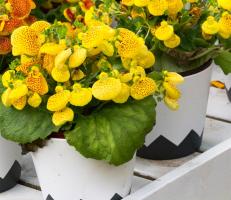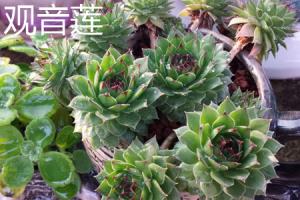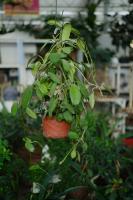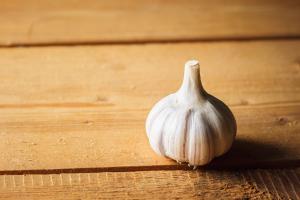Are Plastic Plant Pots Recyclable?
Plastic plant pots have become a popular choice for gardening enthusiasts and plant lovers worldwide. However, with the increasing concerns about plastic waste and environmental pollution, many people wonder if plastic plant pots are recyclable. In this article, we will explore the recyclability of plastic plant pots and offer some tips on how to properly dispose of them.
Types of Plastic Plant Pots
It's important to note that not all plastic plant pots are made from the same kind of plastic. There are several types of plastic used in the manufacturing of plant pots, including polypropylene, polystyrene, and polyethylene. While all of these plastics are technically recyclable, not all recycling facilities accept them. Some facilities may only accept certain types of plastics or may require them to be sorted by type.
Recycling Plastic Plant Pots
For those who want to recycle their plastic plant pots, the first step is to check with your local recycling facility. Some facilities will accept all types of plastic plant pots, while others may only accept certain types. If your recycling facility does not accept plastic plant pots, there may be other locations that can recycle them, such as gardening centers or plastic product manufacturers.
Tips for Proper Disposal
If you are unable to recycle your plastic plant pots, it's important to dispose of them properly. Never toss them in the trash, as they can take hundreds of years to decompose in landfills. Instead, consider reusing them for other gardening projects or donating them to a community garden or school. If all else fails, break them down into smaller pieces and dispose of them in your regular trash, making sure to separate them from recyclables.
Sustainable Alternatives to Plastic Plant Pots
For those who are looking to reduce their plastic waste altogether, there are several sustainable alternatives to plastic plant pots. One option is to use biodegradable plant pots made from materials such as coconut fiber, rice hulls, and biodegradable plastics. These plant pots break down easily in compost and do not harm the environment. Another option is to use reusable planters made from materials such as terracotta or ceramic, which can be used again and again with proper care.
Conclusion
In conclusion, plastic plant pots are technically recyclable, but it's important to check with your local recycling facility to ensure they accept them. If recycling is not an option, consider reusing or donating them, or disposing of them properly. For those who want to reduce their plastic waste, there are sustainable alternatives available. By being mindful of our plastic use, we can all help protect the environment and reduce waste.

 how many times do yo...
how many times do yo... how many planted tre...
how many planted tre... how many pine trees ...
how many pine trees ... how many pecan trees...
how many pecan trees... how many plants comp...
how many plants comp... how many plants can ...
how many plants can ... how many plants and ...
how many plants and ... how many pepper plan...
how many pepper plan...
































